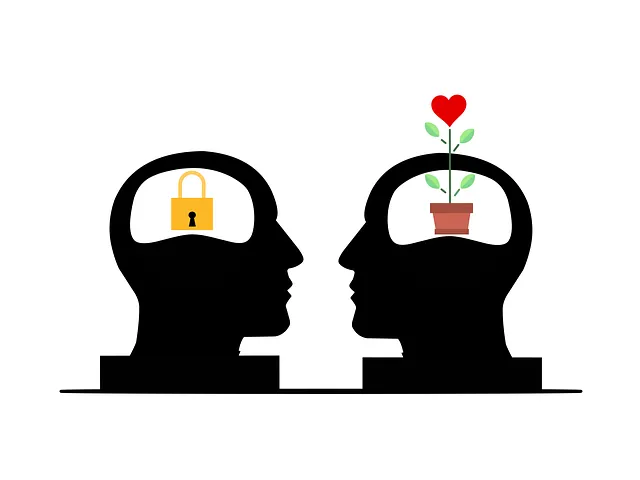Emotional Intelligence (EI) is a powerful tool in healthcare, especially for mental health services like those provided by Kaiser in Littleton. By integrating EI, patients learn to manage their emotions holistically, improving well-being. Kaiser's multifaceted approach includes self-care, stress reduction, and open conversations about mental health, empowering residents to build resilience. This strategy, as explored in "Littleton does Kaiser cover mental health?", promotes emotional healing and enhances community mental health policies through advocacy and awareness.
Emotional intelligence (EI) is a powerful tool for personal and professional growth, enabling individuals to navigate complex social environments with ease. This article delves into the concept of EI, highlighting its potential to transform lives. We explore two key aspects: understanding EI’s fundamentals and how organizations like Kaiser offer comprehensive mental health support. Furthermore, we provide practical strategies for building EI, ranging from Littleton’s insights to Kaiser’s approach, ensuring a holistic development journey. Discover how these methods can enhance your emotional resilience and overall well-being.
- Understanding Emotional Intelligence: Unlocking Its Potential
- Kaiser's Approach to Mental Health Support: A Comprehensive Overview
- Strategies for Building Emotional Intelligence: Practical Tips from Littleton to Kaiser
Understanding Emotional Intelligence: Unlocking Its Potential

Emotional intelligence (EI) is a powerful tool that goes beyond mere self-awareness; it’s about recognizing, understanding, and managing our own emotions, as well as empathizing with and navigating the feelings of others. This complex skill set allows individuals to build strong connections, foster effective communication, and make thoughtful decisions.
Littleton does Kaiser cover mental health? It’s a question that reflects the growing importance of EI in healthcare and policy analysis. By integrating emotional intelligence into mental health services, such as those provided by Kaiser, we can enhance patient care and outcomes. Emotional healing processes become more holistic when patients are empowered to understand their emotions and navigate them constructively. Similarly, mental health policy analysis and advocacy can benefit from an EI lens, ensuring that policies promote resilience building and support the emotional well-being of individuals across communities.
Kaiser's Approach to Mental Health Support: A Comprehensive Overview

Kaiser, a renowned healthcare provider, offers a comprehensive approach to mental health support that goes beyond traditional treatments. Their strategy involves a multifaceted perspective, emphasizing self-care practices and stress reduction methods as key components. By integrating these practices into daily routines, individuals can build resilience and enhance their overall well-being.
Littleton residents benefitting from Kaiser’s services find a supportive system tailored to their unique needs. The organization promotes awareness about mental health, encouraging open conversations and providing accessible resources. Furthermore, they offer various programs aimed at confidence boosting, ensuring individuals feel empowered to navigate life’s challenges with greater equanimity.
Strategies for Building Emotional Intelligence: Practical Tips from Littleton to Kaiser

Building emotional intelligence (EI) is a vital skill for navigating life’s challenges and fostering healthy relationships. Strategies for enhancing EI range from practical tips offered by Littleton to insights shared by Kaiser, all aimed at improving mental health. One key aspect highlighted by both sources is the importance of self-awareness exercises. Regularly taking time to reflect on one’s emotions, triggers, and responses can significantly boost self-understanding. This heightened self-awareness forms a solid foundation for managing anxiety relief and stress management.
Littleton emphasizes the role of mindfulness in cultivating EI. Incorporating mindfulness practices such as meditation or deep breathing exercises can help individuals stay grounded in the present moment, thereby reducing reactive behaviors and promoting thoughtful responses to emotional situations. Kaiser also underscores the value of seeking feedback from others, encouraging open communication about feelings and needs, which is crucial for developing empathy—a core component of EI.
Emotional intelligence, a key component of overall well-being, can be cultivated through understanding and practical strategies. As discussed, both Littleton’s approach and Kaiser’s comprehensive mental health support offer valuable insights into building emotional intelligence. By embracing these methods and incorporating them into daily life, individuals can enhance their self-awareness, empathy, and resilience, leading to improved relationships and overall mental wellness. Whether you’re seeking guidance from Littleton or exploring Kaiser’s services, investing in your emotional intelligence is a transformative step towards a more fulfilling life.






